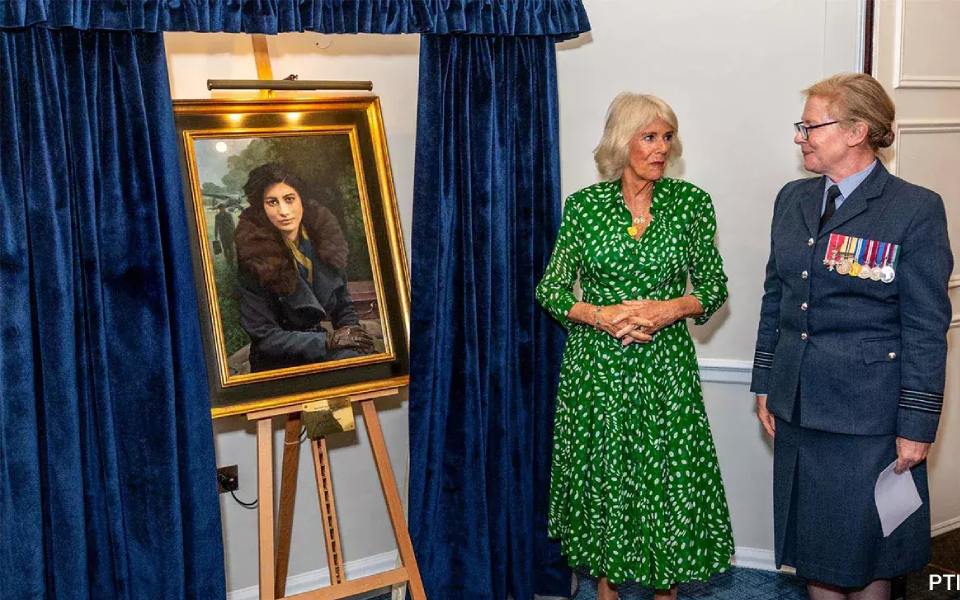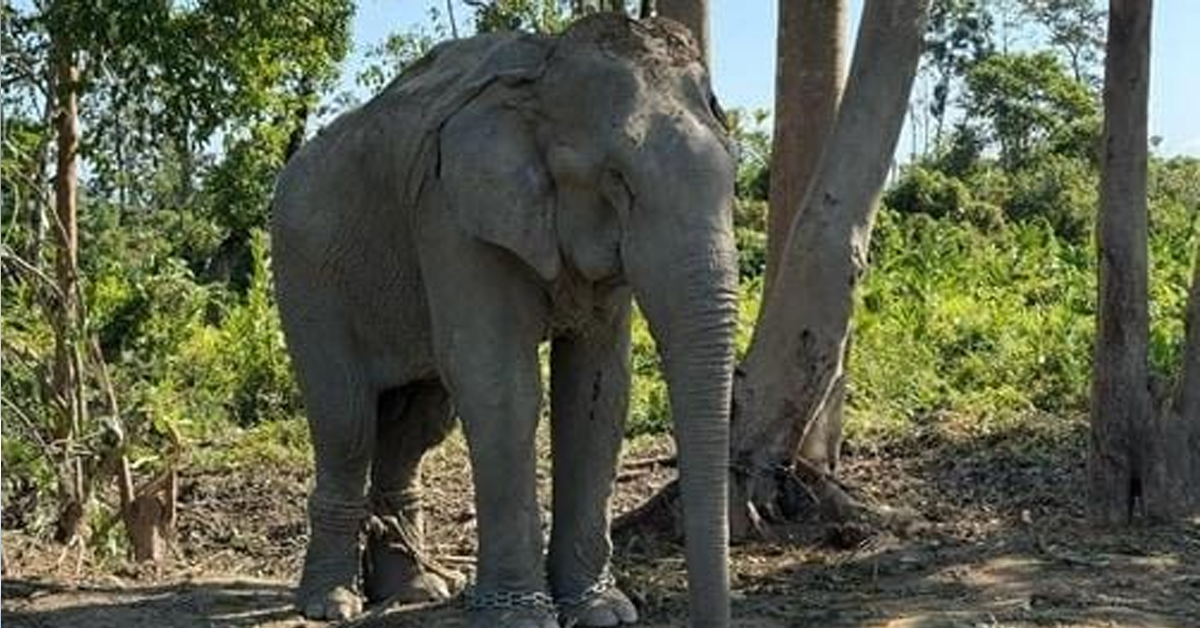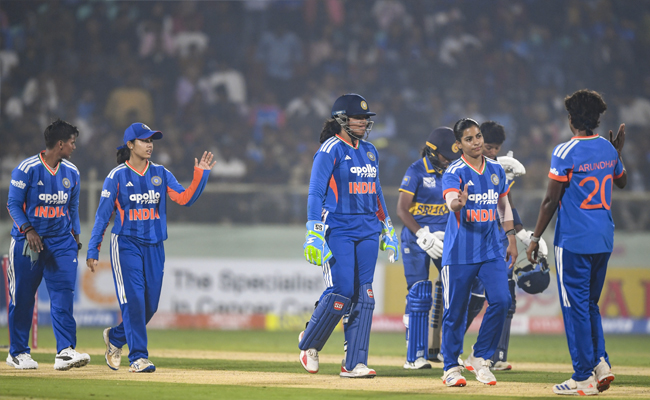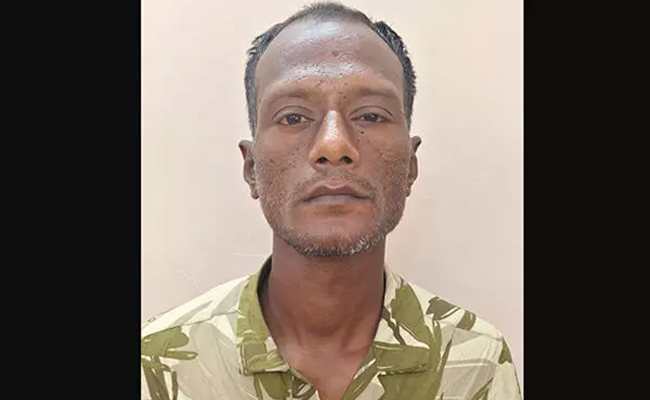London, Aug 30: Britain's Queen Camilla has unveiled a new portrait of the Indian-origin spy and descendent of Tipu Sultan, Noor Inayat Khan, at the Royal Air Force (RAF) Club here to honour her sacrifice as an undercover agent for Britain's Special Operations Executive (SOE) during the World War II.
The 76-year-old senior royal on Tuesday also formally named a room at the RAF Club as "Noor Inayat Khan Room", where the portrait hangs opposite a stained-glass window celebrating women in the RAF which was inaugurated by her late mother-in-law Queen Elizabeth II in 2018.
Noor was a member of RAF's Women's Auxiliary Air Force (WAAF) when she was recruited to the SOE in 1942 and went on to become one of only two members of the WAAF to be awarded the George Cross (GC) the highest award bestowed for acts of the greatest heroism, or for the most conspicuous courage in circumstances of extreme danger.
"It was a proud moment to have the Queen unveil the portrait of Noor Inayat Khan at the RAF Club," said British Indian author Shrabani Basu, who presented a copy of her biography of Noor 'Spy Princess: The Life of Noor Inayat Khan' to the Queen at the unveiling ceremony.
"For me, it has been a privilege to tell her story. This wonderful portrait will now be seen by many young men and women for generations. Noor's story will never be forgotten," she said.
Born Noor-un-Nisa Inayat Khan in Moscow in 1914 to an Indian sufi saint father and American mother, Noor moved to London at a young age before settling in Paris for her school years. Following the fall of France during the Second World War, she escaped to England and joined the WAAF.
In late 1942, she was recruited into the SOE created to conduct espionage, sabotage, and reconnaissance in occupied territories during the war.
Her new portrait at the RAF Club was unveiled in the presence of her relatives, including 95-year-old cousin Shaikh Mahmood and nephew Pir Zia Inayat Khan.
The portrait has been created by celebrated British artist Paul Brason, a former President of the Society of Portrait Painters. He based his creation on the few available images of Noor Inayat Khan to capture her steely resolve as an undercover agent, who refused to crack under brutal Nazi interrogation before being shot by the Gestapo at Dachau concentration camp in Germany in 1944 with the word "liberty" on her lips.
"Noor was the first woman SOE operator to be infiltrated into France, and was landed by Lysander aircraft on 16 June 1943. During the following weeks, the Gestapo arrested most of the Paris Resistance Group in which she worked. Despite the danger, Noor refused to return to England because she did not wish to leave her French comrades without communications and she hoped also to rebuild the Group," the RAF Club said in a statement.
"The Gestapo had a full description of Noor, who they knew only by her code name Madeleine', and in October 1943 she was captured by them. Despite brutal interrogation she refused to give any information, either as to her work or her colleagues. She was imprisoned in Gestapo HQ, during which time she made two unsuccessful attempts at escape, and was then sent to Germany for so called safe custody'. She was considered to be a particularly dangerous and uncooperative prisoner," it noted.
Noor was awarded the GC posthumously for displaying the most conspicuous courage, both moral and physical, over a period of more than 12 months.
Founded in 1918, the RAF Club is a private Members' Club and registered charity that provides a home away from home for officers of the RAF and their families. The Club counts around 24,000 Officers and former serving officers of the Royal Air Force and their families as its members.
Let the Truth be known. If you read VB and like VB, please be a VB Supporter and Help us deliver the Truth to one and all.
Pilibhit (PTI): A 19-day-old elephant calf, brought from Bijnor, was placed under care at the Pilibhit Tiger Reserve (PTR) on Sunday, an official said and added that the calf got separated from its mother in the forest area of Bijnor.
The calf was born on December 2 in the Bijnor forest area and got separated from its mother shortly after birth, the official said.
The forest department made several attempts to reunite it with its mother, but without any success. To ensure the calf's safety and better care, it was decided to transfer it to the Pilibhit Tiger Reserve on the instructions of senior officials.
On Saturday, Deputy Director Manish Singh received the calf. Special arrangements have been made in the reserve for its care. It has been kept in a safe and clean environment to provide it with a natural setting and protect it from external noise and disturbances.
Singh told reporters that raising an 19-day-old calf is challenging.
It requires a special diet as a substitute for mother's milk and constant monitoring.
He said a special team has been formed to provide 24-hour care. Since the calf is very young, it is being cared for like a newborn baby.
According to Singh, the primary responsibility for monitoring the calf's health has been entrusted to PTR's veterinarian, Dr Daksh Gangwar. Under his supervision, a complete record of the calf's health checkups, diet, and body temperature is being maintained. The team is ensuring that the calf does not contract any infection.





